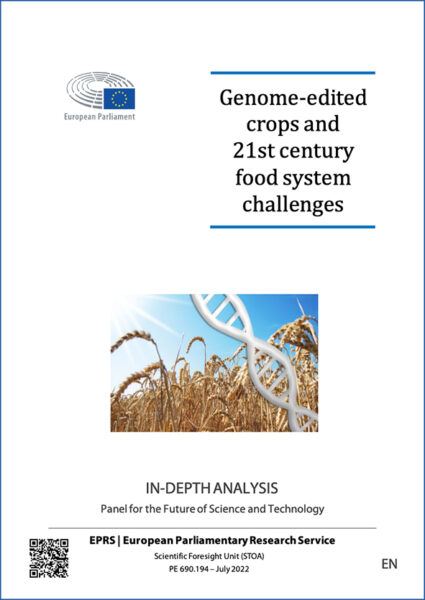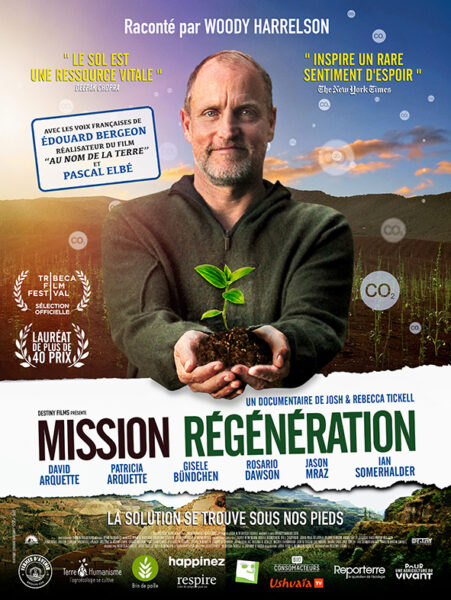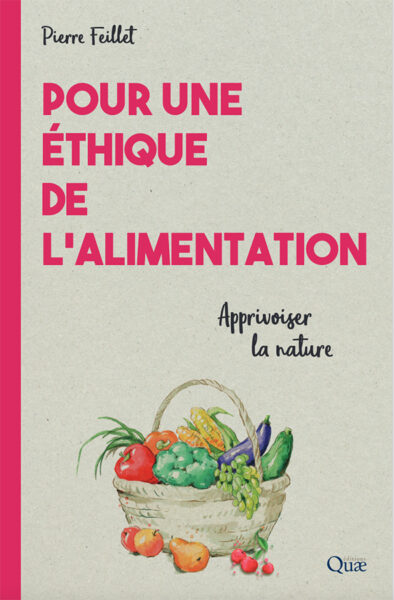David Sawaya, a specialist in plant biotechnology, writes here on the broad developmental trends we are likely to see in this sector up to the year 2030. He begins by recalling the general trends in world agriculture, beginning with the rise in demand for agricultural products that is linked to demographic growth, to the rise in average incomes and to the development of products, such as biofuels, derived from agricultural sources. He sees two possible options for responding to this: to increase the area of cultivable land – though the scope for manœuvre in this area is decreasing – or to increase yields, particularly thanks to advances in the plant biotechnologies, both transgenic and non-transgenic.
After reminding us of the situation regarding GM crops worldwide, David Sawaya presents the prospects for the development of GM crops in light of the existing data. He also points out the changes there have been in the characteristics most sought after within plant biotechnology, showing that the first-generation characteristics (resistance to pests and herbicides) are tending to give way to second-generation characteristics that are more agronomic in character (resistance to various kinds of stress, better yields). He stresses the greater role of developing countries in terms of GM production – and also in research into plant biotechnology, which might increase in the future. Lastly, he clarifies the importance of non-transgenic biotechnologies in the improvement of plant species.
Despite factors likely to slow the development of plant biotechnology – the concentration of the enterprises in the sector around multinationals focussed on large-scale crops to the detriment of small seed companies that are likely to develop innovations in less widespread species, and a highly sceptical public opinion – he takes the view that by 2030, if not indeed by 2015 in the case of the most widely cultivated species, there will be very few plants intended for commercial growing that have not been subjected to some form of biotechnological intervention.



